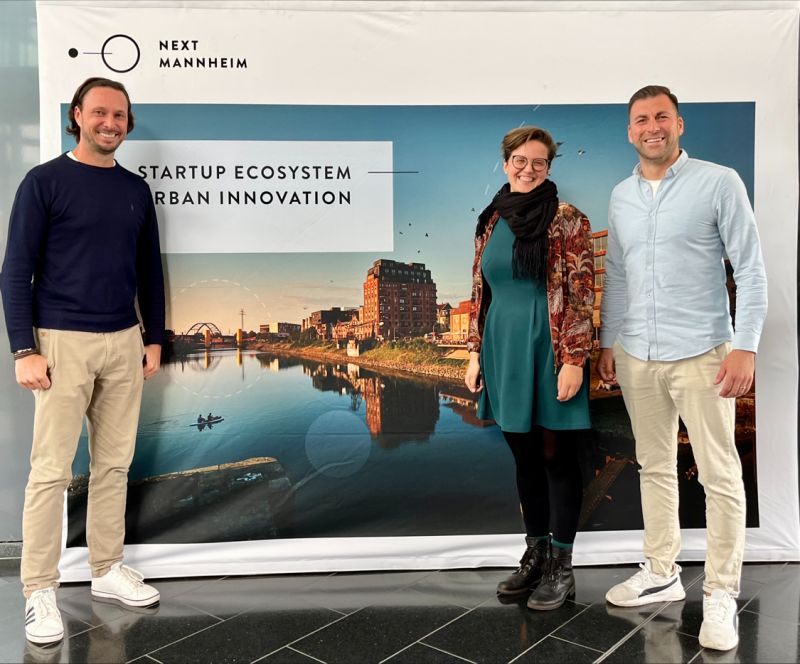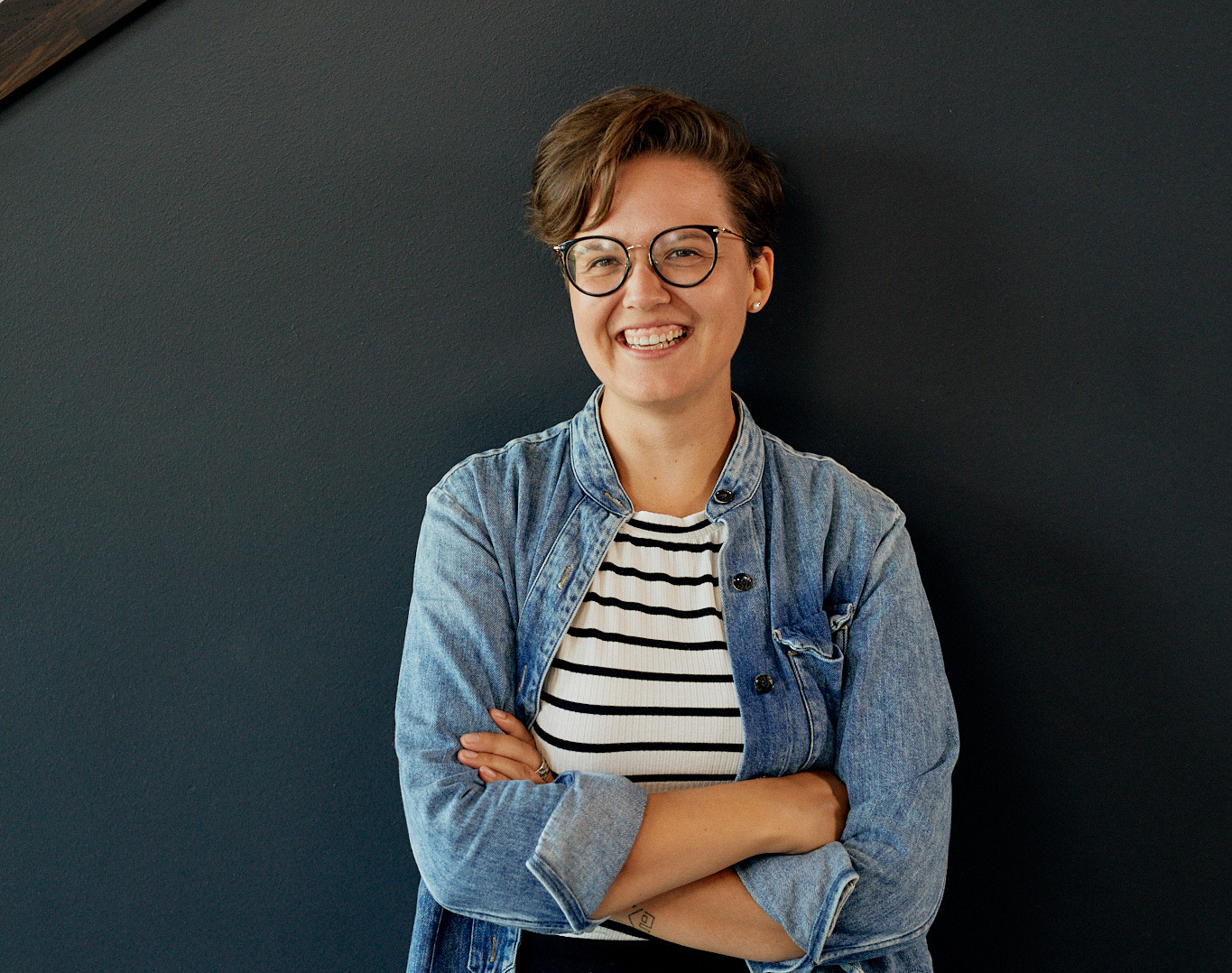Anna, you were doing 3 of the training sessions. What were the things that you thought are really really important for them to know? According to the German market and the ecosystem.
Anna: „The training was not about me telling them anything, but guiding them through their individual internationalization process using our canvas tool. They had to find their own answers to the relevant questions. We used methods to guide them because each company is different. Their entry market, customer base, and value proposition vary, depending on whether they are targeting plastic companies, metal companies, or the food industry. We made them work rather than telling them the answers. It was like a methodological walkthrough, a training. In the first session, for example, we asked them questions like: What are their goals? Why do they want to internationalize? What are the key performance indicators (KPIs) they have in mind? What milestones do they want to achieve in the next 6 months, 12 months, and 24 months? What resources do they need, and do they already have these resources? And also, what are the limitations. For example: I don’t speak the language. How do I overcome this limitation? This was basically the status quo analysis and some planning for the first session. The second session was just about the market and who is the ideal customer, how can I approach them, what needs do they have. Make a list of attractive customers for, and simultaneously understanding the competition.
In my opinion, it was also crucial to generate an understanding of Germany a little bit better. Usually foreigners think, Germany is a small country - there is Berlin and there is Munich, and a lot of industry. It is very important to make them understand, where the different hubs are. If you have a B2C Company you should probably go to Berlin, if you are more B2B the south might be better. If you are focusing on automotive, you should definitely think about Stuttgart. This kind of information was something I found very important. Just to give them an understanding of what is the best location for their business model . And obviously Mannheim is a good location for industry techs.
So, on the 17th of April, you arrived in Germany. How was the program?"
Claudio: "Yes, we arrived in Germany on the 17th of April. The program was fantastic. On the first day, we had a meeting in a beautiful conference room in Frankfurt, sponsored by IHK, located in the building of the Frankfurt Stock Exchange. After that, we took a bus to Hannover to explore the Hannover Messe. The participants had the opportunity to visit competitors, customers, and suppliers. On the 19th of April, as a delegation, we gathered together, and our tour guide took us to visit the Siemens booth and other important companies. We also visited the Baden-Württemberg 'The Länd' booth and met some companies from the Stuttgart region. Later, we went to Dortmund for some speed dating sessions. Finally, we stayed in Mannheim for two more days, which included the best speed dating events during our stay in Germany. The level of the participating companies was exceptional, as we invited brilliant companies from all over Europe to take part. On our last day, I asked everybody to share their personal experiences during their stay. Surprisingly, 80 percent of them became emotional and shed tears. It was a truly touching experience."
Anna, what was your experience with our Brazilian guests?
Anna: "When I bid them farewell, there was an overwhelming sense of positivity and excitement for taking the next steps. It was great to witness their energy. They were also extremely grateful for the entire experience. I truly felt that the program helped them grow as individuals. It made a significant impact on their lives. Considering the vastness of Brazil as a country, even within the group of ten participants, there were numerous diverse personalities. However, I found it impressive that all of them were open-minded, receptive to feedback, and willing to consider suggestions. I believe these are key characteristics of successful entrepreneurs. I also loved the group dynamic. They were all kind to one another, and I appreciated how they openly shared their experiences and best practices."



